In today’s digital era, businesses of all sizes are turning to digital marketing to engage with customers and drive growth. However, getting started with digital marketing can feel overwhelming for beginners, especially with so many tools available. Digital marketing tools streamline various processes—from managing social media to tracking analytics—making it easier to reach and engage audiences. This guide explores the top digital marketing tools every beginner should know, providing a clear path to kickstarting a successful digital marketing strategy.
Table of Contents
1. Social Media Management Tools
Social media plays a crucial role in every digital marketing tools and it’s plan. Effective digital marketing tools help beginners manage posts, monitor engagement, and analyze performance across multiple platforms.
- Hootsuite: Known for its versatility, Hootsuite allows users to schedule posts, track brand mentions, and gain insights from one dashboard. Beginners find it especially useful for managing various platforms in one place.
- Buffer: A user-friendly option for scheduling posts, Buffer helps users maximize reach and analyze social media metrics to understand what content resonates most with their audience.
Social media tools like these save time and allow beginners to plan and refine their content strategy based on performance insights, ensuring consistent and targeted social engagement.
2. Email Marketing Tools
Email marketing remains one of the most cost-effective digital marketing channels, offering direct access to customers. Email digital marketing tools simplify creating, sending, and tracking emails.
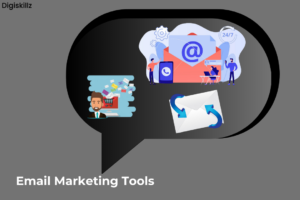
- Mailchimp: One of the most popular tools for beginners, Mailchimp offers customizable templates, audience segmentation, and even automated emails—all of which make email marketing campaigns more efficient.
- Constant Contact: Known for its intuitive interface, this tool offers features like automated email sequences, easy-to-use templates, and built-in analytics to track campaign performance.
Using email marketing tools enables beginners to create professional email campaigns that engage and convert audiences, building lasting customer relationships.
3. Search Engine Optimization (SEO) Tools
SEO tools are crucial for making websites visible on search engines. Effective digital marketing tools for SEO help beginners optimize their content, target relevant keywords, and track website performance.
- Google Keyword Planner: As a free tool, Google Keyword Planner is perfect for beginners to discover keyword ideas and search volumes. It provides valuable insights into what keywords to target in blog posts, website content, and more.
- Yoast SEO: Ideal for WordPress users, Yoast SEO offers guidance on optimizing on-page SEO factors like keyword placement, readability, and metadata.
Mastering SEO tools is essential for beginners focused on building organic traffic, as these tools can directly impact visibility and ranking on search engines.
4. Content Creation and Graphic Design Tools
Compelling visuals and engaging content are central to digital marketing. Beginners can create professional-grade graphics and videos with minimal experience by using the right digital marketing tools for content creation.

- Canva: Canva’s drag-and-drop interface and thousands of templates make it easy for beginners to design social media posts, banners, infographics, and more.
- Lumen5: This video creation tool transforms blog content into short videos, which is especially helpful for those without video editing experience but looking to increase content engagement.
Content creation tools help beginners produce visually appealing and shareable content that attracts and retains audience attention, adding professionalism to their digital marketing efforts.
5. Analytics and Performance Tracking Tools
Understanding the success of your digital marketing efforts requires data, and analytics tools provide crucial insights into campaign performance. Digital marketing tools for analytics reveal what’s working and guide decision-making.
- Google Analytics: As a free tool, Google Analytics offers in-depth insights into website traffic sources, user behavior, and conversions. Beginners can use it to understand audience demographics and website performance, helping to improve future marketing strategies.
- Hotjar: Hotjar provides heatmaps, session recordings, and feedback forms, showing how users interact with a website. For beginners, this tool reveals which parts of a website attract the most engagement and where users lose interest.
Analytics tools help beginners track performance, identify areas of improvement, and make data-driven adjustments to their digital marketing strategies.
6. Pay-Per-Click (PPC) Advertising Tools
PPC advertising can quickly attract targeted traffic to websites and online content. For beginners, PPC digital marketing tools provide an accessible way to start advertising with small budgets.
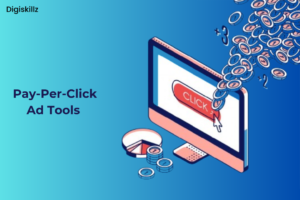
- Google Ads: Google Ads offers highly targeted advertising options across Google’s network, which is especially helpful for beginners looking to experiment with PPC campaigns.
- Microsoft Advertising: An alternative to Google Ads, Microsoft Advertising allows beginners to reach users on Bing and offers lower competition, which can be beneficial for certain niches.
PPC tools enable beginners to reach their target audience quickly and test campaigns, making paid advertising manageable and budget-friendly.
7. Customer Relationship Management (CRM) Tools
Building and managing customer relationships is essential in digital marketing. CRM tools help beginners track customer interactions, manage data, and provide personalized communication.
- HubSpot CRM: This free CRM tool offers contact management, email tracking, and even built-in analytics. HubSpot’s ease of use makes it ideal for beginners interested in tracking customer interactions and managing sales leads.
- Zoho CRM: Affordable and scalable, Zoho CRM offers comprehensive tools for managing contacts, tracking deals, and automating workflows.
CRM tools enable beginners to stay organized, nurture leads, and build strong customer relationships, which are critical for business growth and customer retention.
8. Project Management and Collaboration Tools
Digital marketing often involves multiple team members and projects. Collaboration tools streamline communication and task management, helping beginners stay on track.
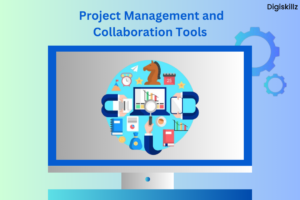
- Trello: Trello’s visual boards and task management features make it easy to organize projects, track deadlines, and collaborate with team members.
- Asana: With Asana, beginners can create projects, assign tasks, and set due dates, making it easy to coordinate marketing campaigns and track progress.
Collaboration tools ensure all team members are aligned, making it easier for beginners to manage tasks and achieve digital marketing goals effectively.
9. Landing Page and Conversion Optimization Tools
Effective landing pages and conversion rates are key to a successful digital marketing strategy. Conversion optimization digital marketing tools enable beginners to create and test landing pages.
- Unbounce: Unbounce allows beginners to create, customize, and test landing pages without coding. Its drag-and-drop editor makes it easy to experiment with different designs to maximize conversions.
- Optimizely: Known for A/B testing, Optimizely lets beginners test changes to landing pages, emails, or any web element to see what works best.
Landing page tools help beginners increase conversions by providing insights into what resonates most with their audience, helping turn visitors into customers.
Conclusion
For beginners, diving into digital marketing may seem overwhelming, but the right digital marketing tools make it manageable and effective. These tools streamline essential processes—from managing social media and creating content to tracking analytics—helping newcomers focus on their main goal: connecting with their audience and driving engagement.
Using popular tools like Hootsuite, Canva, Google Analytics, and Mailchimp, beginners can automate tasks and gain valuable insights into campaign performance. Social media tools simplify consistent posting, while analytics tools provide data-driven insights that allow marketers to refine their approach and make informed decisions based on real audience behavior.
By selecting tools aligned with their specific goals, beginners can build a solid digital marketing foundation without feeling overloaded. With a handful of effective tools and a commitment to learning, new marketers can confidently navigate the digital space, develop successful strategies, and drive meaningful growth for their brand.
Author: Farshana
Learner of DigiSkillz, Digital Marketing Institute in Kochi.
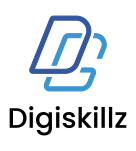


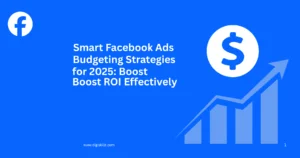
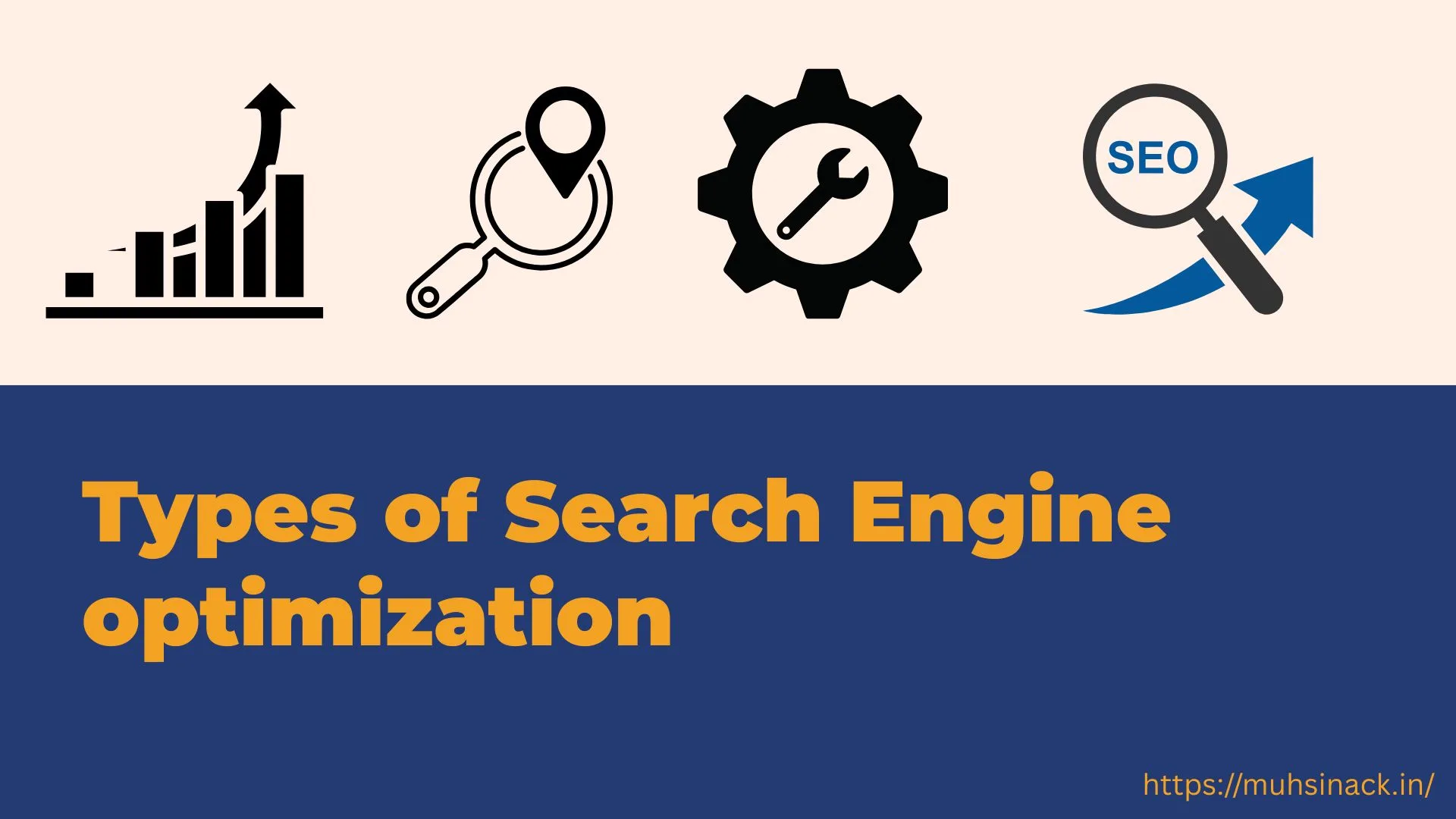
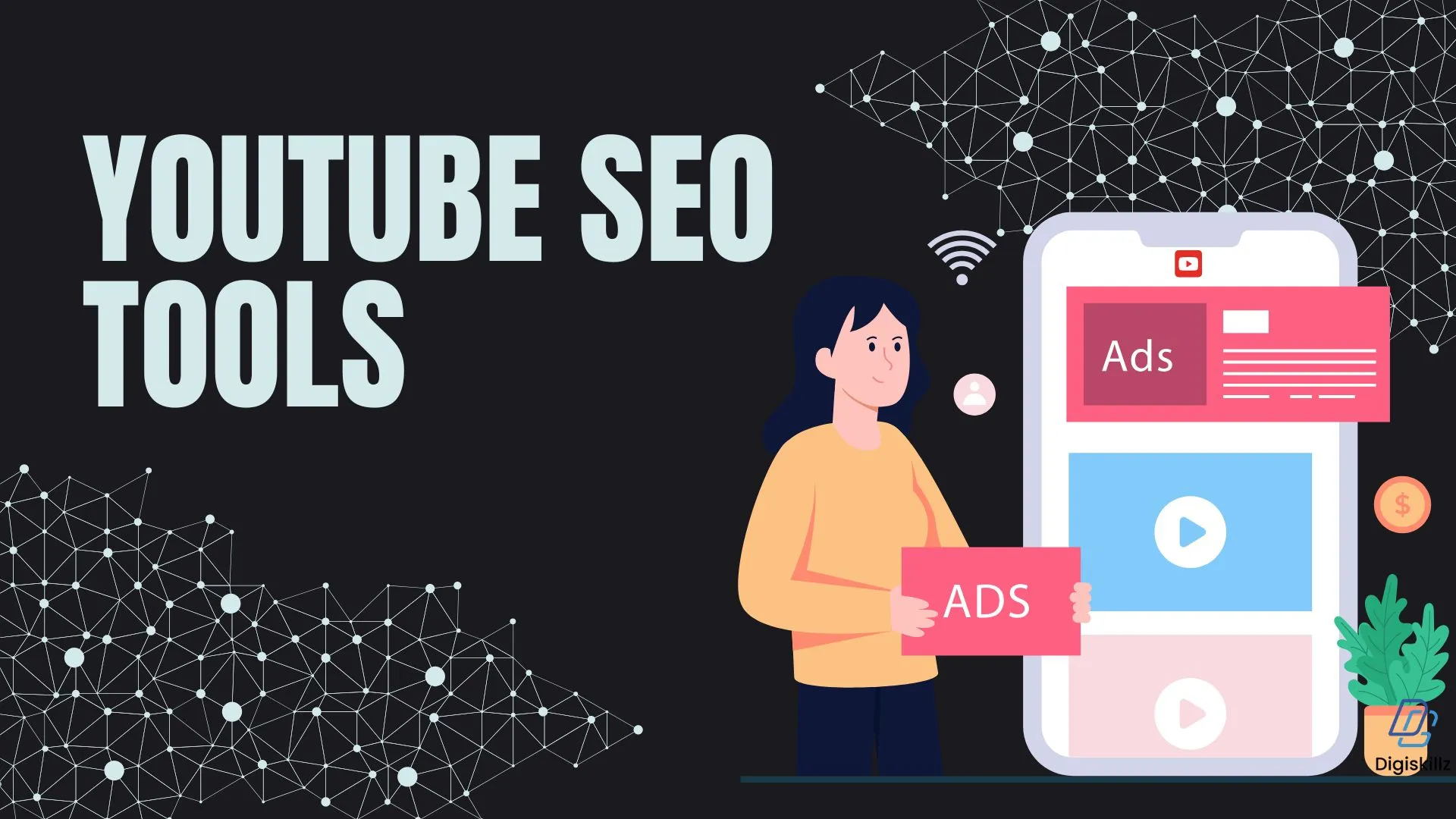

Leave A Comment